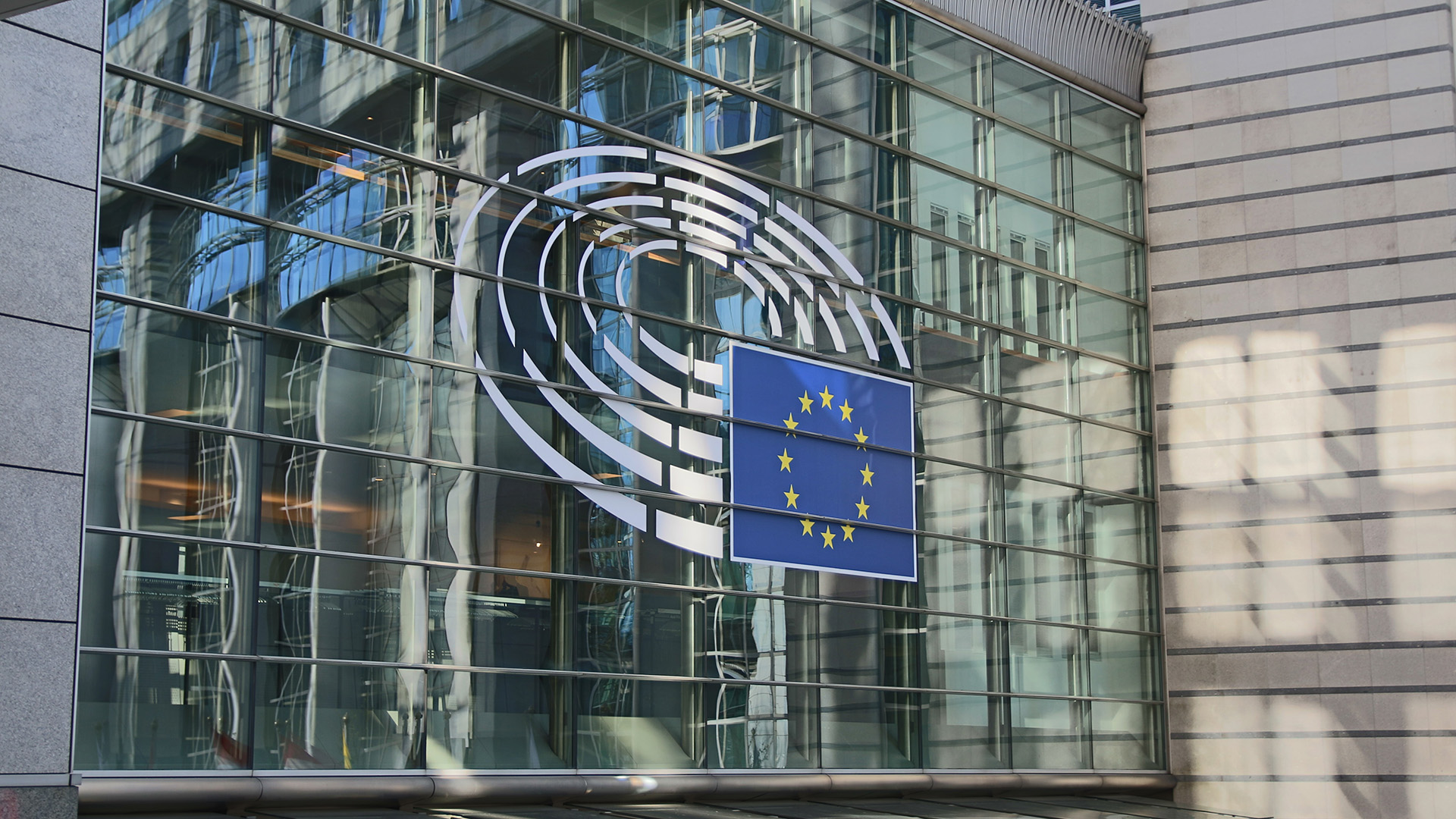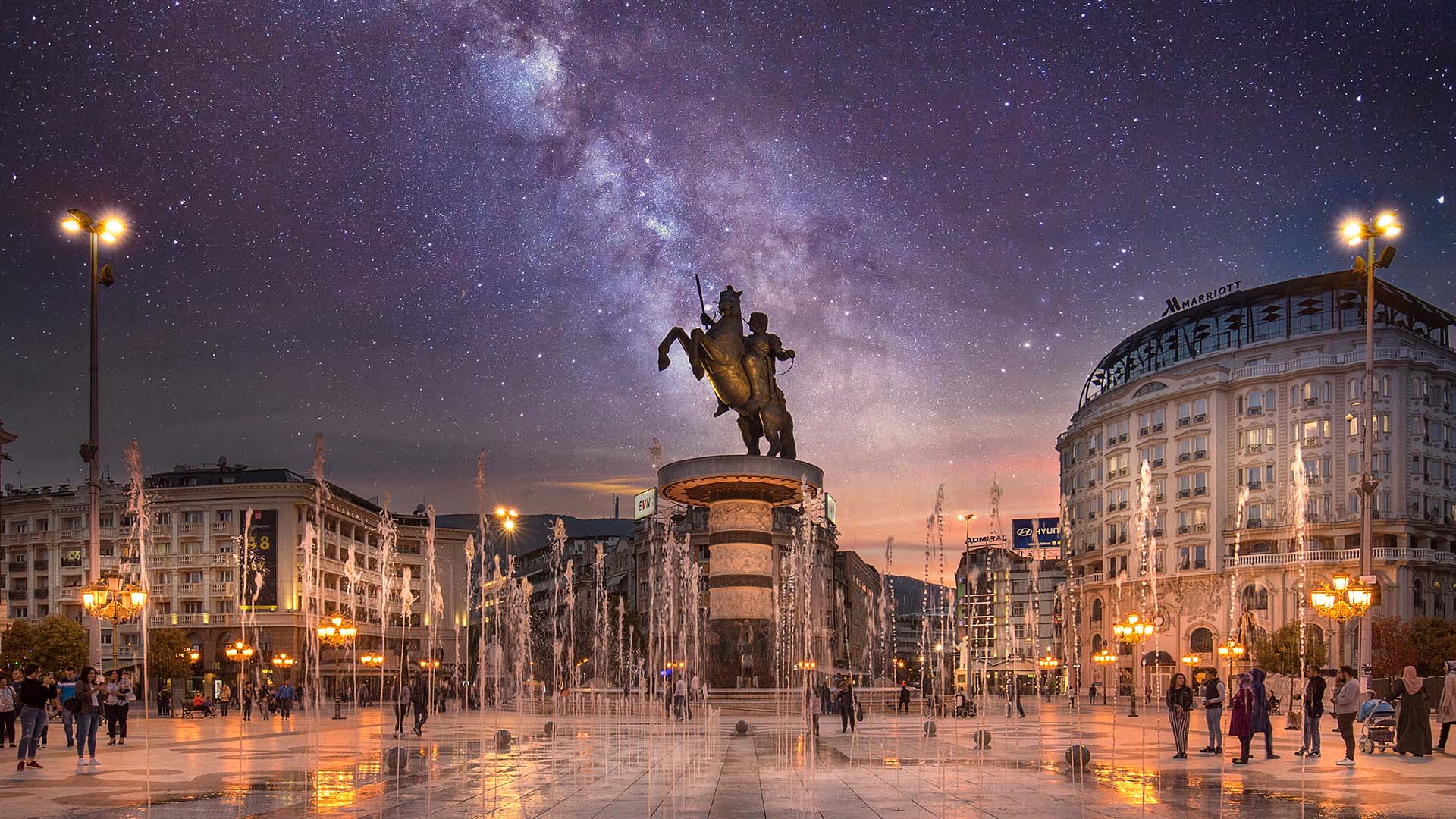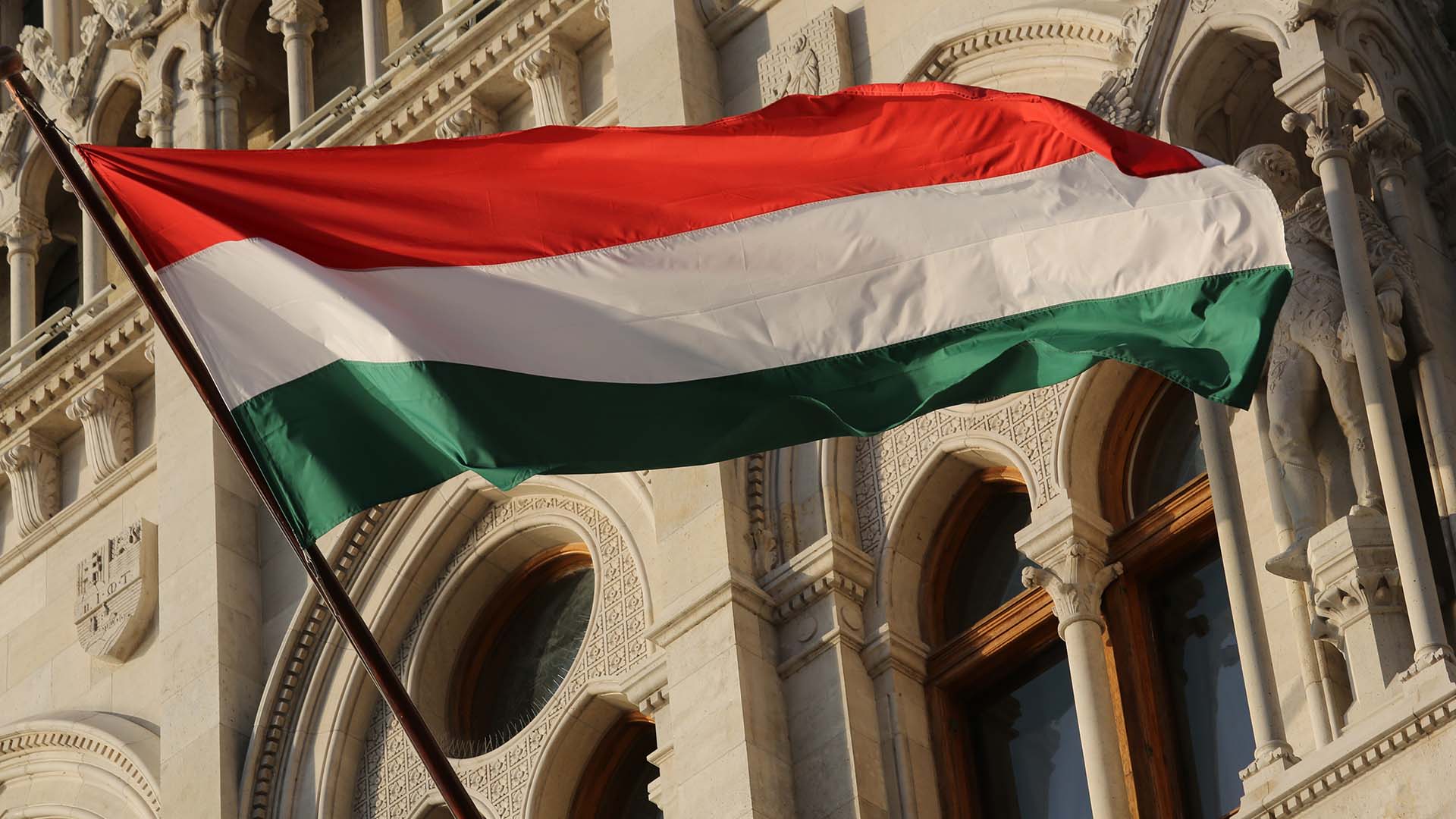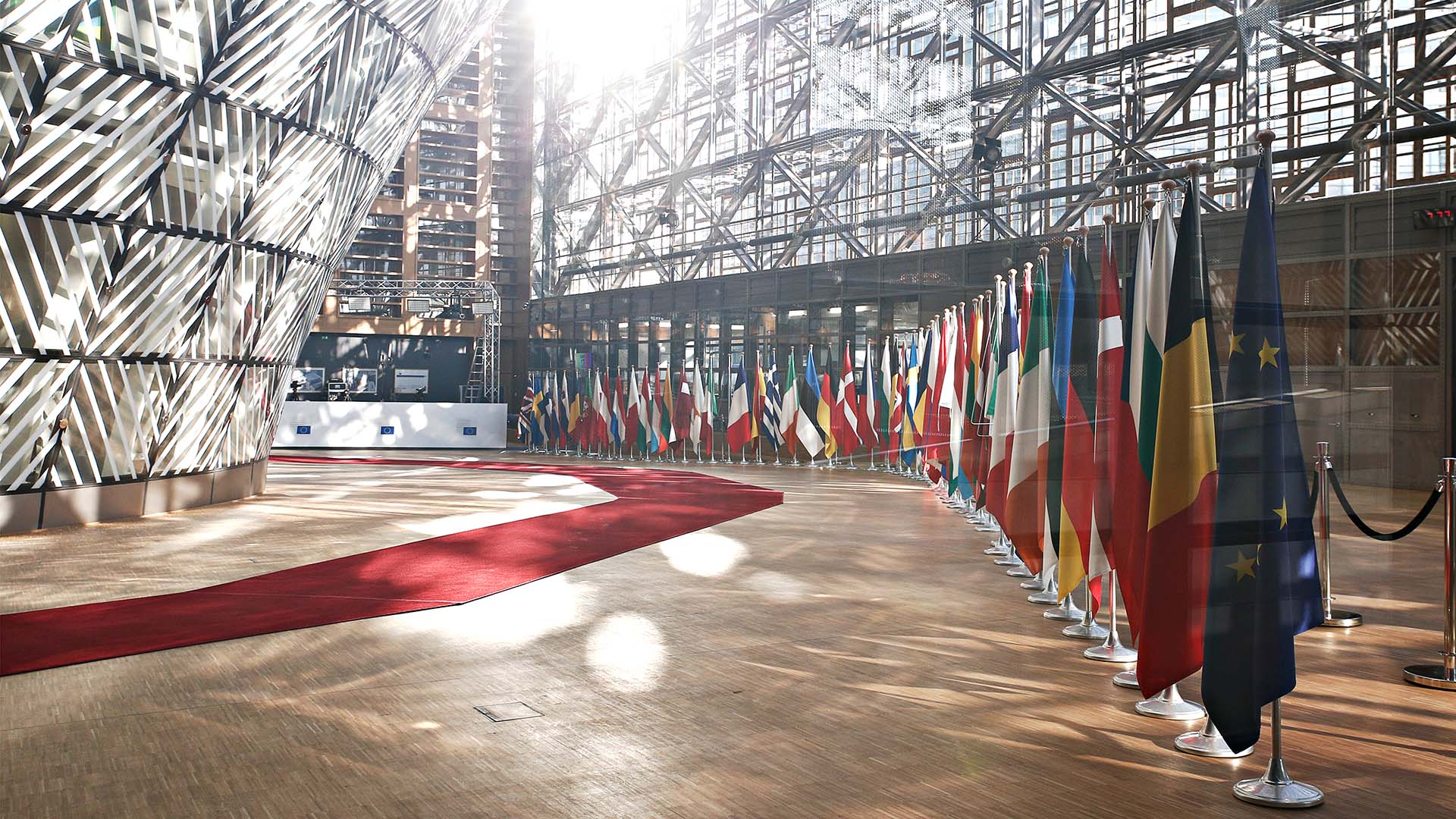“Europe will be forged in crisis, and will be the sum of the solutions adopted for those crises”
Jean Monnet, founding father of the European project
While the war is raging in Ukraine, we might not even recognize what a paradoxical gift we hold in our hands, which is to live in peace. New security risks for Europe as a whole, but especially for fragile regions such as the Western Balkans, have brought the area back into international spotlight and given it a renewed chance to leave conflicts and frictions behind, thus moving towards a common European future.





